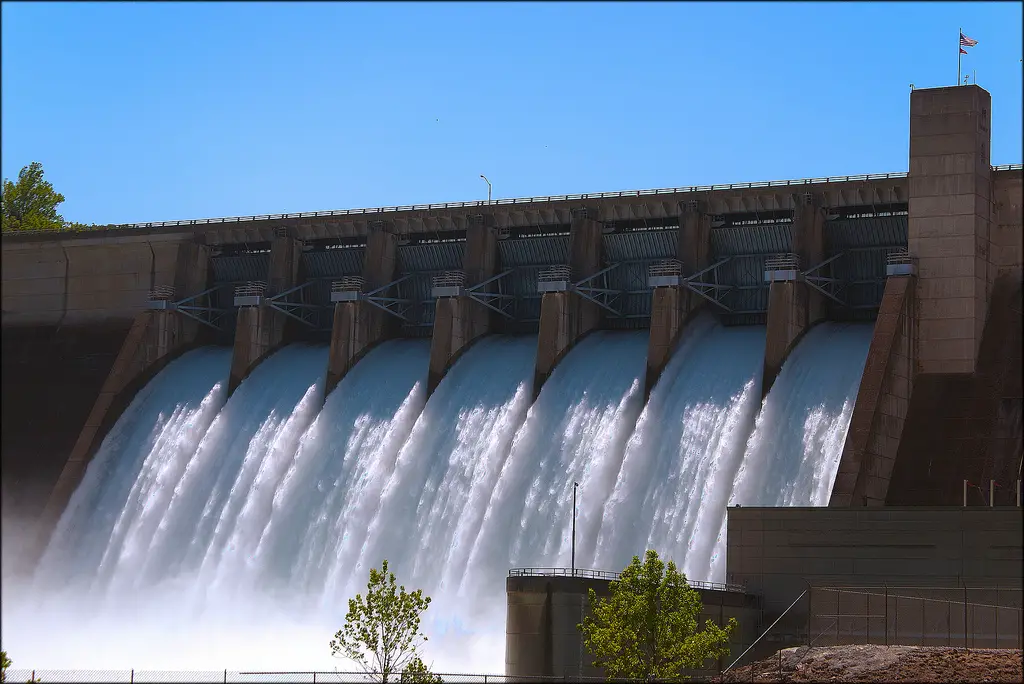The government of Nigeria has announced the award of a $5.8 billion contract to build the largest power plant in the country. The 3,050 MW Mambila hydroelectric power project in the state of Taraba will be delivered by various Chinese state-owned construction firms.
The mega project will feature four dams between 50 and 150 meters tall. It will take six years to complete, the Minister of Power, Works and Housing, Babatunde Fashola, told reporters in Abuja.
The Chinese Export-Import Bank will finance 85% of the development, with the Nigerian government contributing 15%.
Minister Fashola claimed the project will deliver far-reaching benefits. “Mambila will have a transformational effect on all of Nigeria’s socio-economic development,” he said. “It will have considerable positive impact on electricity supply nationwide, productivity, employment, tourism, technology transfer, rural development, irrigation, agriculture and food production,” he added.
The Mambila hydropower plant has been in development for over 30 years. However, previous administrations have been making very little progress. In 2007, the Nigerian government awarded a $1.4 billion contract to two Chinese construction firms. It was for a 2,600-megawatt plant, but the agreement broke down soon after.
There have been attempts to revive the deal but without success. However, the crisis was broken by conversations between the presidents of China and Nigeria in 2016. The conversation resulted in the creation of a consortium of Chinese companies to deliver the project. There was an agreement that the Chinese government would commit finance to it.
Power shortage
Despite being one of the largest economies in Africa, over 40% of Nigerians live without access to electricity. Hydropower, one of the cleanest and cheapest forms of power, is a key target for development as Nigeria is currently exploiting just a fraction of its potential resources.
The country is also seeking to shift away from oil dependency, after plummeting oil prices triggered a recession. The clear need for the Mambila project could make it more likely to succeed, some analysts believe.
“The prospects of project implementation starting are perhaps stronger than in previous decades,” says Elizabeth Donnelly, deputy head of the Africa Programme at UK think tank Chatham House. “Nigeria continues, albeit slowly, with its complex power sector reform and badly needs to generate – and more importantly distribute – more power for its 180 million people. Hydroelectricity is an important part of this mix, particularly for rural electrification,” she adds.
